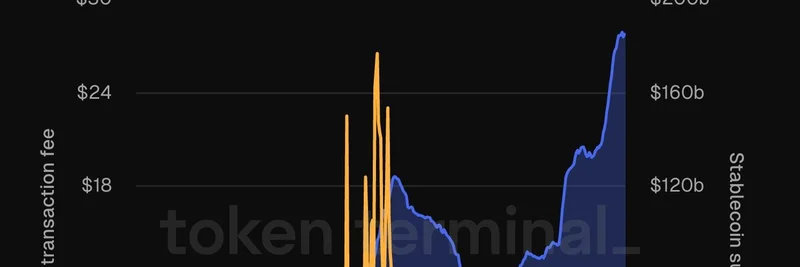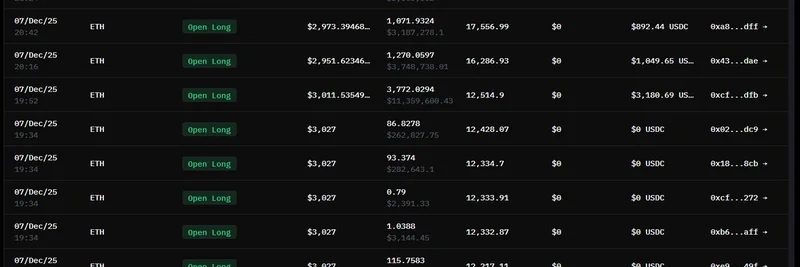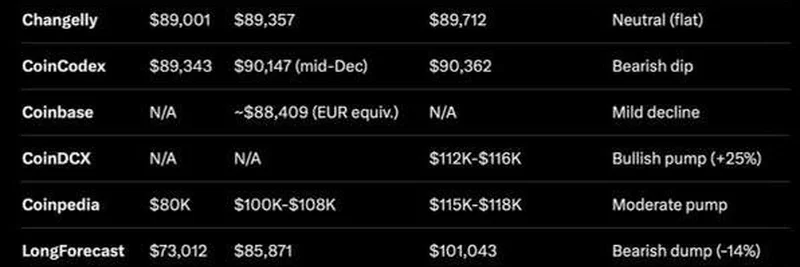Hey there, crypto enthusiasts and blockchain practitioners! If you’ve been scrolling through X lately, you might have stumbled upon a fascinating thread by hitesh.eth that dives deep into the philosophy of what makes someone "good" or "bad." Posted on July 2, 2025, the tweet reads: "Good/Bad is the outcome of intersubjective alignments of human minds." This simple yet profound statement has sparked a lively discussion, and at Meme Insider, we’re here to break it down for you—especially if you’re curious about how human dynamics might influence the wild world of meme tokens and blockchain communities.
What Does "Intersubjective Alignment" Even Mean?
Let’s start with the basics. "Intersubjectivity" is a fancy term that basically means the shared understanding or agreement between people. It’s all about how our minds connect and align when we interact. According to hitesh.eth’s follow-up explanation, whether we see someone as "good" or "bad" depends on how well our thoughts match theirs. If your worldview—your unique lens on life—lines up with someone else’s, you’re likely to think they’re awesome. But if it doesn’t? Well, they might end up on your "bad" list.
This idea ties back to some cool philosophical concepts you can dig into on sites like Wikipedia, where they talk about how our perceptions are shaped by culture, experience, and personal beliefs. No universal "good" or "bad" exists—it’s all relative to your own conditioned perspective.
Why This Matters in the Crypto World
You might be wondering, “What does this have to do with meme tokens or blockchain?” A lot, actually! The crypto space is a melting pot of diverse minds—developers, traders, meme creators, and investors—all with different worldviews. Take a look at the latest crypto news on The Block to see how market sentiments shift based on collective perceptions. A token might be hailed as the next big thing by one group (think "good") while others call it a scam (think "bad"). This intersubjective dance drives trends, pumps, and dumps in the meme token ecosystem.
For instance, when a community rallies behind a token like $BGLC (mentioned in the thread), it’s often because their shared excitement aligns. But if another group’s values clash—say, they prioritize security over hype—the same token could be deemed "bad." It’s a real-world example of hitesh.eth’s point in action!
Digging Deeper: The Thread’s Insights
The X thread didn’t stop at the original tweet. Hitesh.eth responded to followers’ requests for clarity, explaining that "there is no universal truth to be found" in judging people. One user, Syntax, asked for more details, and hitesh.eth delivered: our perception of others hinges on whether our intersubjectivity matches. Another user, Lerik, chimed in with, "Reality does not come with a tag," reinforcing the idea that good and bad are labels we apply based on our own biases.
This resonates with articles like Medium’s take on moral subjectivity, which argue that morality isn’t a one-size-fits-all concept. In the context of meme tokens, this could mean that what’s “ethical” in one community (like rewarding early adopters) might be “unfair” in another. Understanding these dynamics can help you navigate the blockchain space with a sharper mind.
Practical Takeaways for Blockchain Practitioners
So, how can you use this philosophy in your crypto journey? Here are a few tips:
- Embrace Diverse Perspectives: When evaluating a meme token, consider why different communities love or hate it. Check out Meme Insider’s knowledge base for insights into token trends.
- Question Your Bias: Are you calling a project "good" just because it aligns with your views? Dig deeper into the tech and team behind it.
- Build Community Alignment: If you’re launching a token, foster intersubjective agreement by engaging your audience—shared goals can turn "bad" skepticism into "good" support.
Wrapping Up
Hitesh.eth’s thread is a goldmine for anyone interested in how human connections shape our world—whether it’s philosophy or the chaotic fun of meme tokens. The idea that "good" and "bad" are outcomes of intersubjective alignment challenges us to think critically about our judgments, both online and in the blockchain realm. What do you think—does this change how you view the crypto community? Drop your thoughts in the comments, and stay tuned to Meme Insider for more deep dives into the tech and culture of the blockchain world!




